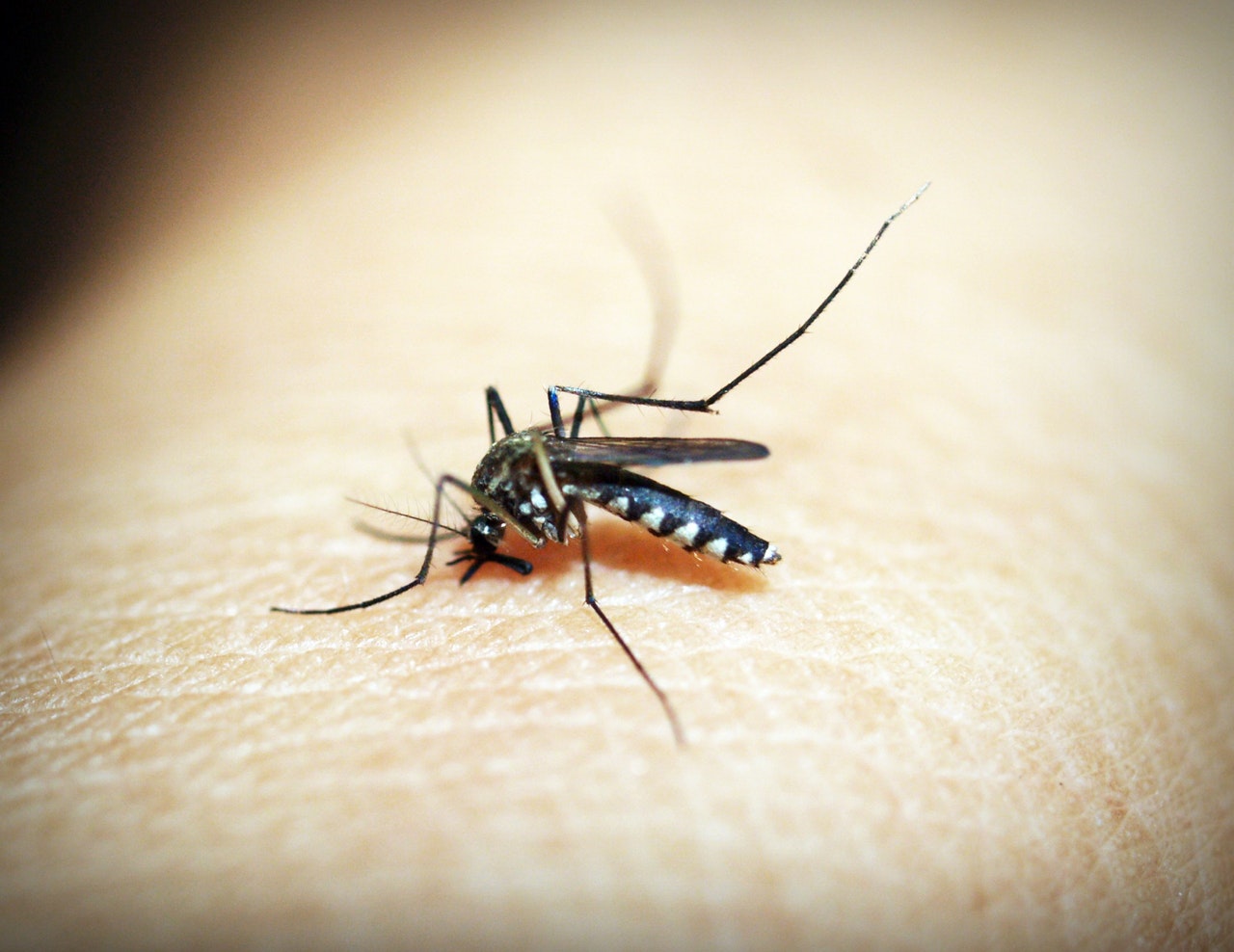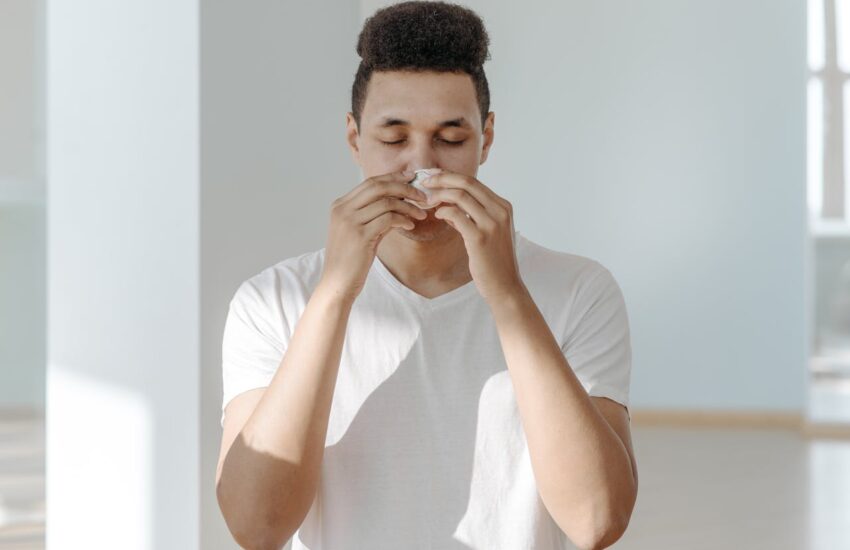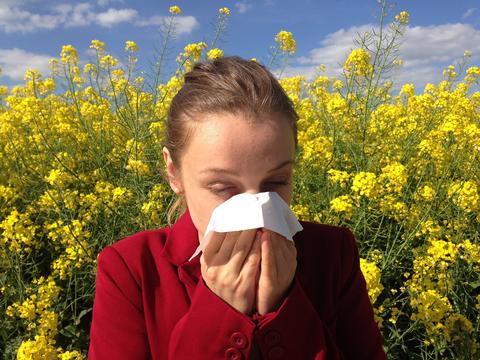If It’s Good Enough For My Kids Would You Use It?
I don’t talk much about my children in my blogs.
Mainly because there’s not much about my children that I feel would relate to many of the topics I deal with.
However, now that it’s summertime and many of us are outside enjoying the sunshine I’ve come across a topic that deals with them as much as it deals with you.
That topic is staying free of insect bites while you enjoy all of God’s creation.
I know many of us will ask God why he made mosquitoes and gnats one day. Until that day we have to deal with them in any way we can.
Unfortunately, many of the readily available products you may depend on to keep bugs at bay are worse than the consequences of dealing with insect bites.
Today, what I’d like to do is show you why you should avoid many of these products at all costs.
Then, I’ll show you what I recommend. It’s a product my wife Emily and I developed together, and I believe it’s the best insect-repellent for children and adults alike.
Are Insect Repellents Just as Dangerous As the Bugs They Repel?
I don’t want to pretend that insect repellents are safe, because I believe as more research comes out we’re going to discover just how dangerous they really are.
On the same hand, I don’t think we can underestimate how important insect repellents are.
A little over a century ago, without real methods for discouraging insect bites, the chance of death from an insect bite was quite high. Diseases like yellow fever were something the average person really had to worry about.
Today insect bites still kill thousands, especially in the developing world.
Fortunately, those of us living in the US have far less to worry about when it comes to mortality and insects.
There are a few insect-borne disease to worry about (like West-Nile) but for the most part we want to use insect repellents so we don’t have to deal with itchy bug bites.
Believe me, I hate bug bites. Living here in the South, where it’s hot and humid and mosquitoes reproduce faster than dandelions (which are actually good for your health) I’ve had to deal with more bug bites than I could count.
And when you have kids, you’d do almost anything so they can enjoy playing outside without coming in looking like they’re on their 5th round of Chickenpox.
Now, I did say “willing to do almost anything,” and I said that on purpose.
One thing I’m not willing to do is cover my kids in potentially harmful chemicals so they’re not bitten. At least not if all they want to do is head in the backyard.
Research shows many of the chemicals in bug repellents can harm us. They disrupt hormone function, may cause cancer, impair cell function and more.
Probably one of the most popular chemicals to repel insects is deet. Manufacturers include deet in formulas because it’s one of the most effective repellents known. The problem is when it was first introduced no one knew how dangerous it could be.
Now, decades after the fact, we’re learning that deet is awful. A study conducted by the Centers for Disease Control illustrated the dangers of deet. As Medscape writes in their analysis of the study “For example, in 6 girls ranging in age from 17 months to 8 years, behavioral changes, ataxia, encephalopathy, seizures, and/or coma developed after repeated cutaneous exposure to deet; 3 subsequently died.”
And there are numerous reports of people who use deet in a professional setting (park rangers) and the resulting insomnia and irritability they experience after exposure to deet.
Not to mention that deet melts plastic (deet is a tolune, which is a kind of chemical that reacts with plastic and causes it to dissolve)
Is dying to keep the bugs off really worth it?
If you said no, I’d hesitate to use deet.*
But It’s Not Just Deet You Need to Worry About
Deet is one of the most problematic chemicals in insect repellent.
Which is why so many companies are making “deet free” insect repellents. Unfortunately, these repellents are filled with other chemicals you need to worry about.
One of the other ones to avoid is Permethrin.
Permethrin is a known neurotoxin which is why it’s extremely problematic manufacturers put it in their products.
In fact, The US Environmental Protection Agency (EPA) even lists it as a carcinogen and there is evidence it may lead to lung tumors, liver tumors, as well as immune disruption and damage to our chromosomes.
Cyfluthrin is another “deet free” alternative that poses danger.
Scarily, cyfluthrin is chemically similar to DDT, the insect repellent the EPA eventually banned because of how harmful it was to the environment.
Here are some of the reasons to avoid cyfluthrin according to MadeSafe.com “Cyfluthrin is linked to neurotoxicity, interfering with sodium and potassium ion channels in the nerves which may result in loss of coordination, muscle trembling, and behavior changes. Studies show harmful effects of cyfluthrin on blood, including decreased glucose and red blood cells; disruption of liver function; and behavior changes after exposure in the womb.
Cyfluthrin is harmful to aquatic invertebrates, fish, and honeybees.”
So What Should You Be Using Instead?
It’s hard to realize so many of the bug sprays out there could be so dangerous. It’s also frustrating because it makes it seem like you don’t have choices.
The truth is there are all kinds of natural products and natural bug sprays available to ward off bugs.
Because we live in the buggy south, my wife and I wanted to protect our children from bugs but didn’t want to expose them to toxic chemicals.
Which is why we made Raise Them Well Kid-Safe ToxicFree® bug spray.
We made this for our children because it’s 100% safe and non-toxic and repels insects.
And while we made it for our kids, we use it too, because we’re not fans of chemicals or insect bites either.
What makes it so effective at keeping bugs off is the special formulation of Amazonian Andiroba seed oil and a blend of essential oils.
Amazonian Andiroba seed oil has a long history of use as bug repellent in the insect-filled rainforests of Brazil. The Brazilians use it to keep bugs of all sizes off their bodies and Emily and I knew that we could too.
But then we combined it with several other ingredients which are known to repel bugs. These include essential oils like peppermint oil, lemon oil, thyme oil, among others.
All work together to keep your skin safe from insect bites.
We also combined the bottles into an affordable 3-pack, which we know will help give you the advantage of having the necessary bug-fighting weapons needed to survive this summer and fall.
Plus, it’s full of soothing ingredients that’ll help reduce the pain and itch that you get after being bitten. So it serves a dual purpose.
To get your Raise Them Well Kid-Safe ToxicFree® bug spray click here or on the image below.



